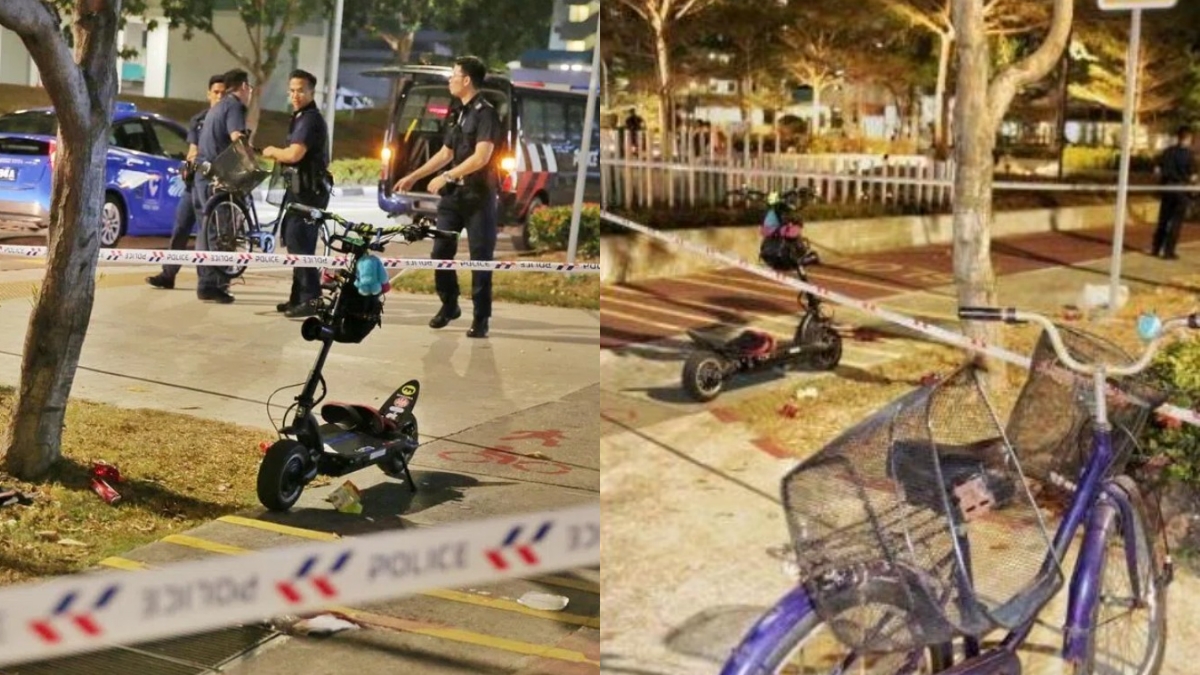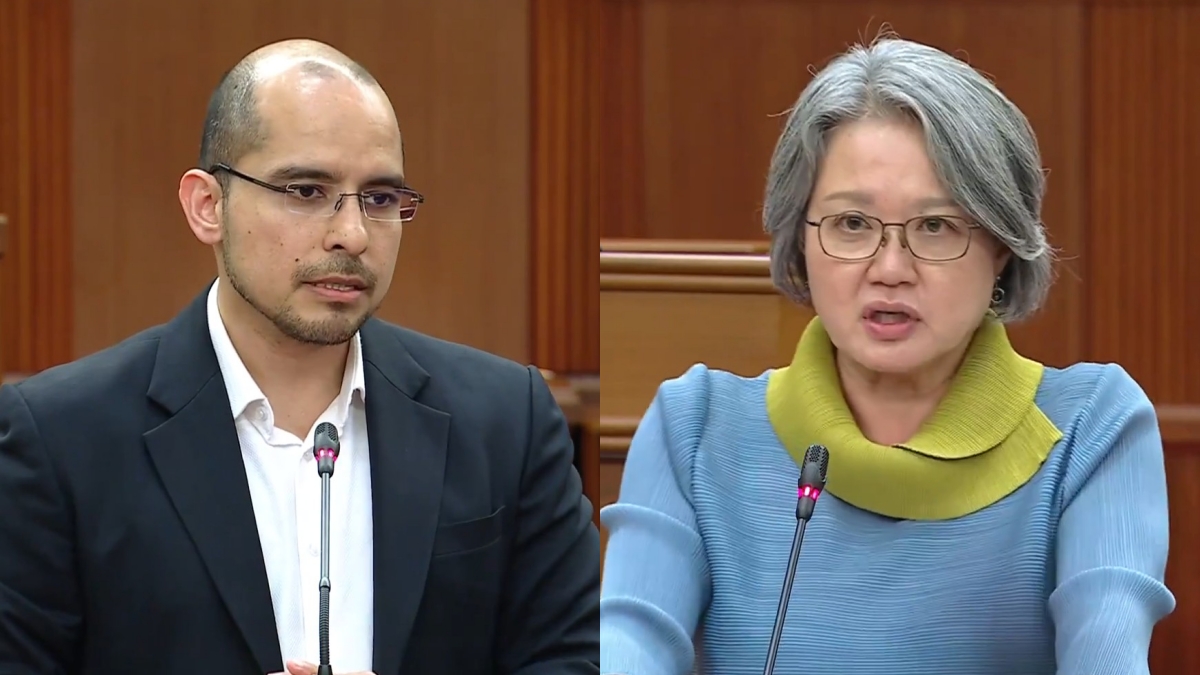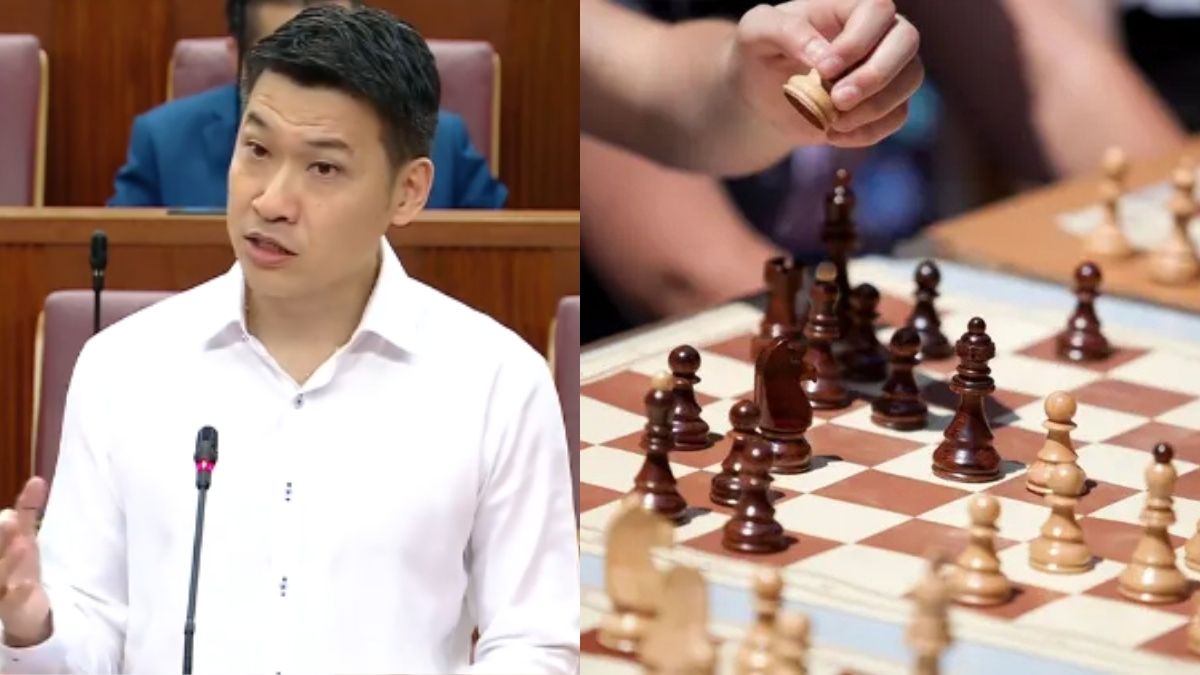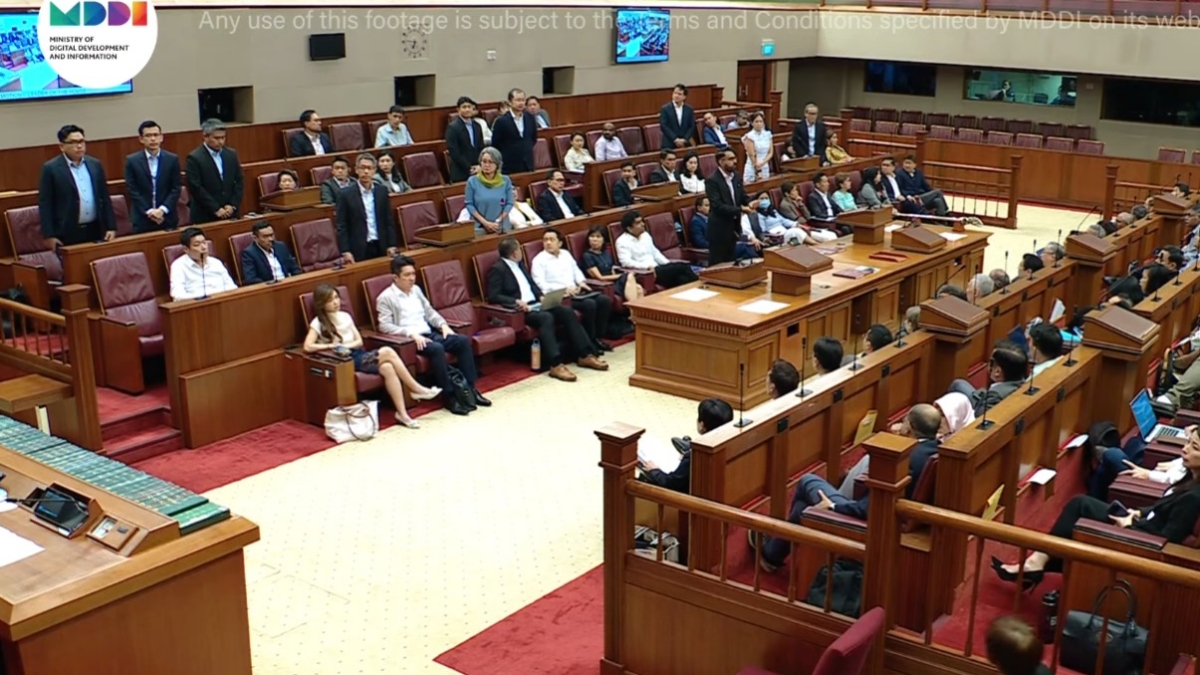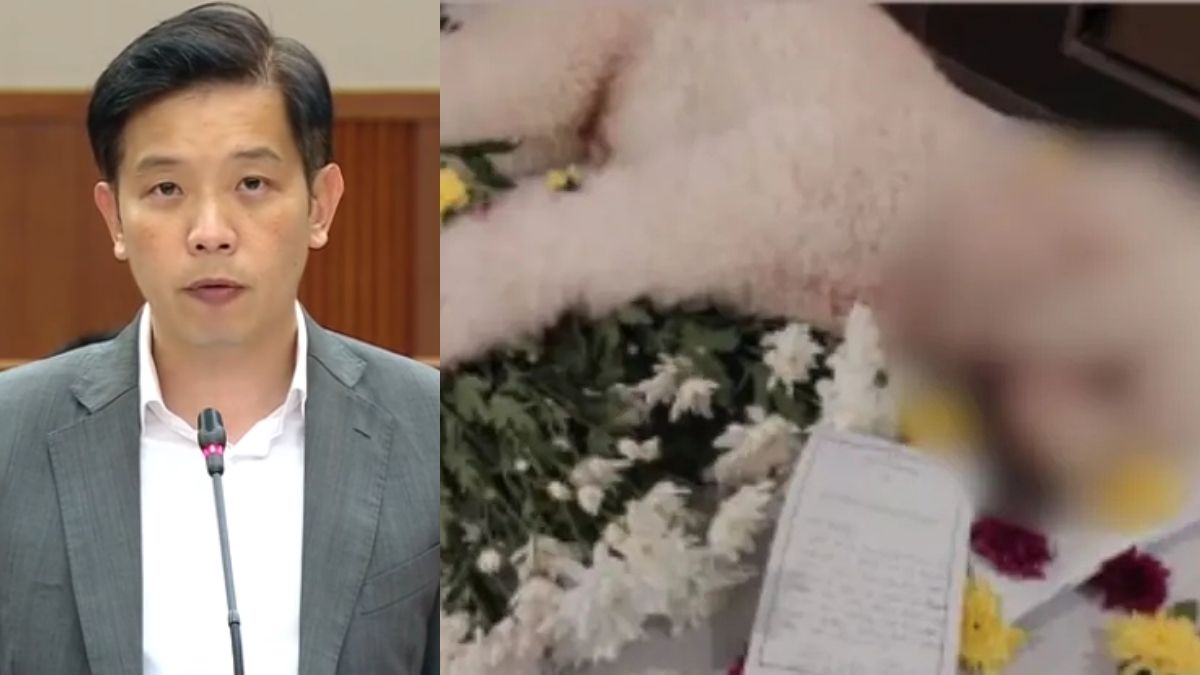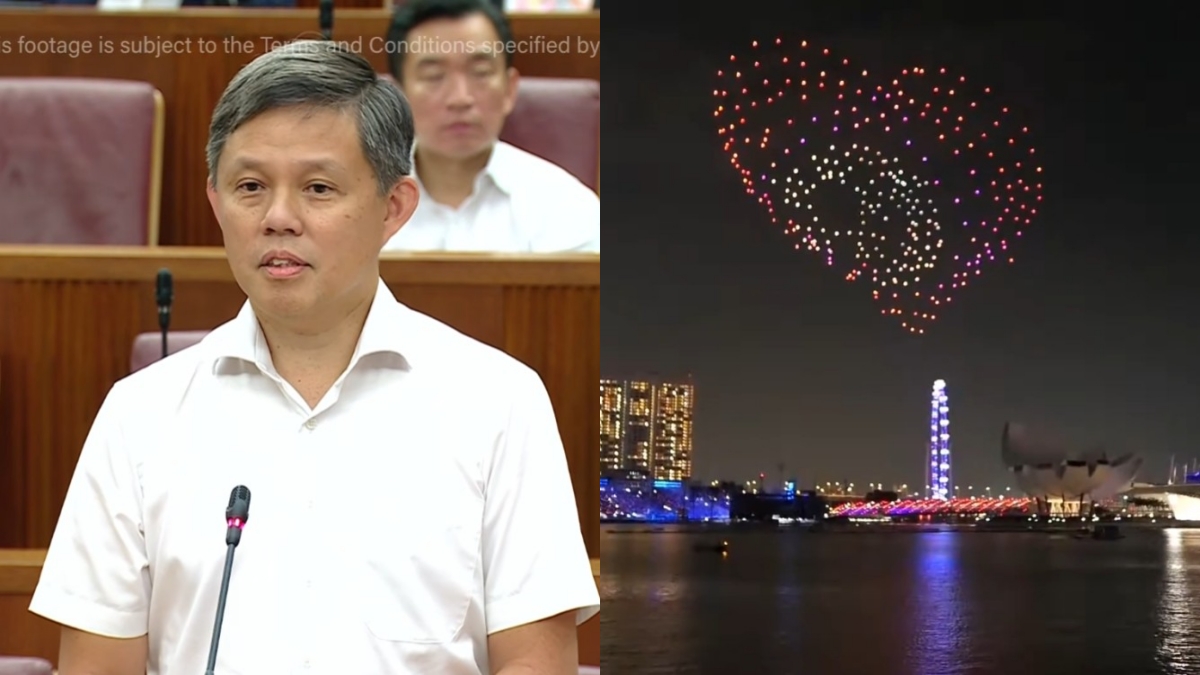Gan Siow Huang: Singapore pharmaceutical firms await clarity on US tariff exemptions and trade talks
Pharmaceutical companies in Singapore are awaiting confirmation from the US administration on whether their expansion plans in America will qualify for tariff exemptions. The US announced a 100 per cent tariff on branded pharmaceutical products but delayed enforcement to allow negotiations, Minister of State Gan Siow Huang told Parliament on 14 Oct.
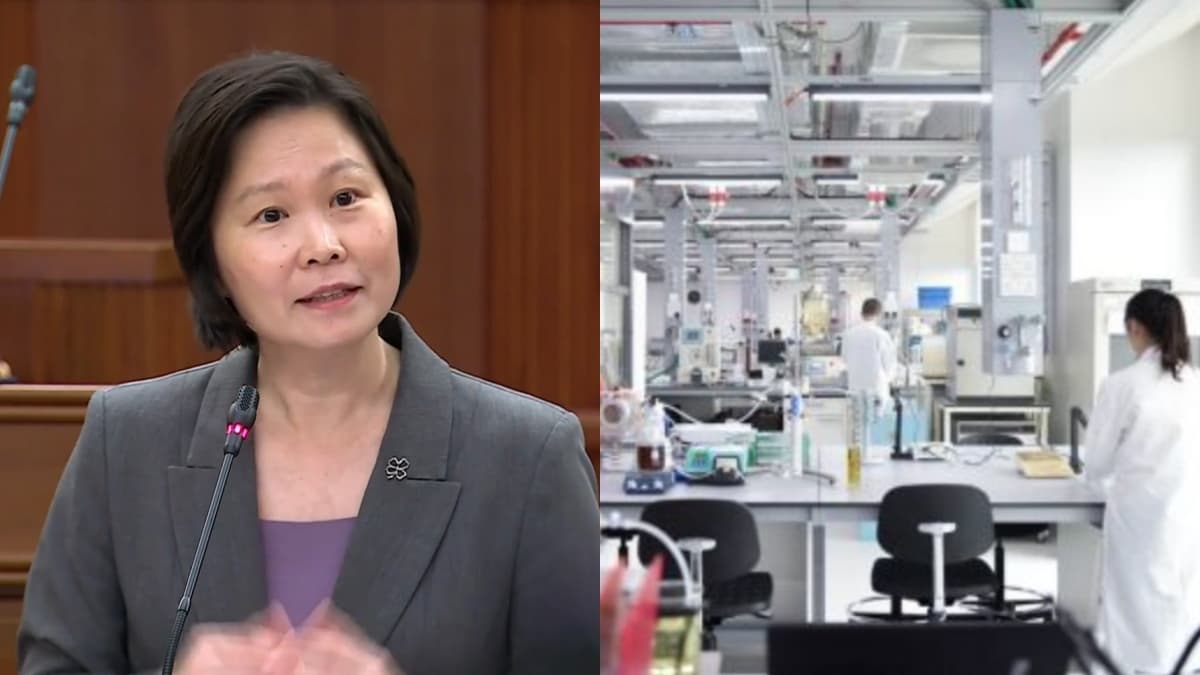
- Singapore pharmaceutical firms await confirmation on US tariff exemptions following a new 100 per cent tariff on branded products.
- The US has delayed implementation to allow negotiations for exemptions and preferential arrangements.
- Singapore is engaging Washington to safeguard exports worth an average of S$3.7 billion annually.
SINGAPORE: Pharmaceutical companies based in Singapore are awaiting confirmation from the United States administration on whether their expansion plans in the country will qualify them for tariff exemptions, Minister of State for Trade and Industry Gan Siow Huang said in Parliament on 14 October 2025.
US imposes new 100 per cent tariff on branded products
On 25 September, the US government announced a 100 per cent tariff on branded or patented pharmaceutical products, effective 1 October, unless companies are building manufacturing facilities in the US.
Gan noted that implementation has since been delayed to allow companies time to negotiate exemptions with Washington.
Singapore-based firms seek clarity on exemption criteria
Many pharmaceutical firms with operations in Singapore “have plans to build new capacity or expand their existing facilities in the US”, said Gan.
These firms are now awaiting confirmation that their investments meet the US criteria for exemption.
Gan was responding to questions from seven Members of Parliament about the potential impact of the new US tariffs on Singapore’s pharmaceutical sector.
Preferential tariff arrangement under discussion
She added that Singapore is in discussion with the US administration on a preferential tariff arrangement for Singapore’s pharmaceutical exports and will provide an update when ready.
Gan explained that the government does not currently maintain a breakdown of pharmaceutical exports to the US by branded and non-branded products. However, Singapore primarily exports active pharmaceutical ingredients (APIs) rather than finished goods such as tablets or capsules.
Industry a key contributor to Singapore’s economy
Between 2022 and 2024, Singapore’s pharmaceutical exports to the US averaged S$3.7 billion per year.
The sector remains a key pillar of Singapore’s economy, hosting manufacturing and research and development (R&D) operations from eight of the world’s top ten pharmaceutical companies.
Gan emphasised that Singapore’s economic agencies continue to attract new investment and support local enterprises, while creating skilled jobs for Singaporeans.
However, she cautioned that “the US tariffs and related global developments do point towards a changed world with greater uncertainty.”
Questions raised on industry impact
Several MPs asked supplementary questions about whether the tariffs would apply to APIs, how they might influence future manufacturing and R&D investments, and whether they could affect local drug availability and pricing.
Gan said it was too early to determine any direct impact, as discussions with Washington were ongoing.
Zero-tariff expectations and regional comparisons
Workers’ Party MP Louis Chua questioned whether zero tariffs on Singapore’s pharmaceutical exports were still achievable, as Deputy Prime Minister Gan Kim Yong had earlier suggested in May.
He also asked about Singapore’s “impediments to a deal”, given that individual companies and economies such as the European Union and Japan had already reached arrangements with the US.
Ongoing confidential negotiations
Gan reiterated that the negotiations remain confidential, but confirmed that he had held a virtual meeting with US Secretary of Commerce Howard Lutnick the previous week.
He noted that preferential tariff rates secured by countries like Japan and Korea were achieved as part of broader reciprocal trade negotiations with Washington.
Gan concluded by saying, “We have to be realistic at this point, but at the same time, we are working our best to negotiate for the good of our Singapore economy and the companies here.”


